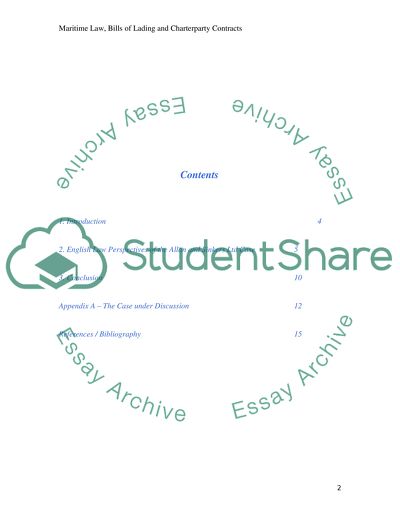Cite this document
(“Maritime Law: Bills of Lading and Charterparty Contracts Essay”, n.d.)
Maritime Law: Bills of Lading and Charterparty Contracts Essay. Retrieved from https://studentshare.org/miscellaneous/1536921-maritime-law-bills-of-lading-and-charterparty-contracts
Maritime Law: Bills of Lading and Charterparty Contracts Essay. Retrieved from https://studentshare.org/miscellaneous/1536921-maritime-law-bills-of-lading-and-charterparty-contracts
(Maritime Law: Bills of Lading and Charterparty Contracts Essay)
Maritime Law: Bills of Lading and Charterparty Contracts Essay. https://studentshare.org/miscellaneous/1536921-maritime-law-bills-of-lading-and-charterparty-contracts.
Maritime Law: Bills of Lading and Charterparty Contracts Essay. https://studentshare.org/miscellaneous/1536921-maritime-law-bills-of-lading-and-charterparty-contracts.
“Maritime Law: Bills of Lading and Charterparty Contracts Essay”, n.d. https://studentshare.org/miscellaneous/1536921-maritime-law-bills-of-lading-and-charterparty-contracts.


